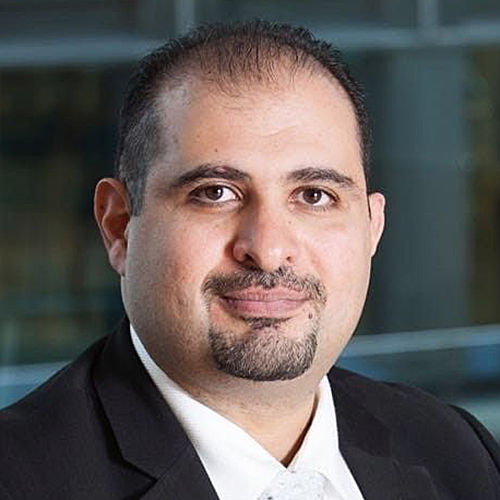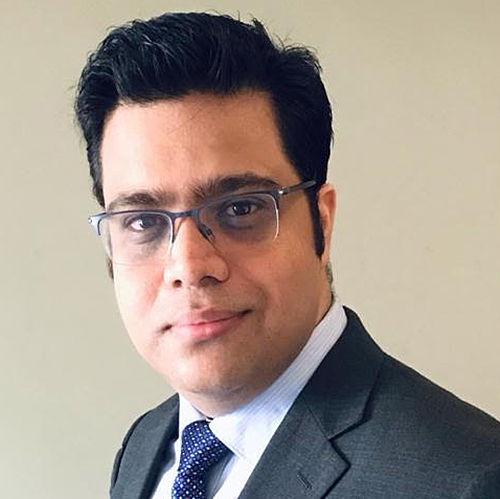M-DAQ™ is on a mission. The company seeks to provide stock exchanges with a disruptive technology solution to quote the securities listed on them in multiple currencies. As Chairman Wong Joo Seng puts it: “It’s not a case of why it should be done, but why it hasn’t been done already”.
Wong views the fact that stock exchanges don’t make foreign exchange earnings as an anomaly. “FX earnings are not even made by their community of brokers.” Instead, when an investor in Japan, for example, buys shares in a company listed in the US, the currency conversion is undertaken by an offshore broker who forwards a US dollar order. Wong’s aim is to see, in this instance, the offshore broker remit Japanese yen to buy shares listed in the US in yen.
This would involve the stock exchange in question adopting M-DAQ’s solution to add company quotes in different currencies, enabling them to provide a real-time feed with a US dollar Baidu quote alongside BIDU.JPY and BIDU.AUD quotes, for example. As things stand, “the US broker doesn’t see the FX transaction since it happens offshore, so a US exchange adopting the system would not be doing so at the expense of any brokerages” in the market where the exchange is located, notes Wong. In this instance, the offshore Japanese broker would lose out on an FX margin.
Yet, the broker and custodian margins are at the expense of higher FX costs to the end investor and of fewer overseas investors for the exchange – with costly FX conversions acting as one barrier to cross-border trade.
“If Google listed in Asia then brokers are not going to be bothered about losing 3% FX commissions,” Wong believes, “since they will make it up in extra trading volume – it’s a win-win”. Wong, who also serves as executive director and CEO of GK Goh Financial Services, sees bundling the FX and equity transactions into one as logical since offshore investors would then track stocks in their home currency.
The right investment decision
CEO/chief architect Richard Koh provides an example of an Australia-based investor buying shares in Hong Kong’s MTR Corporation. Over the course of 2009, “the right time to buy in Hong Kong dollars would have been in March while the right time to sell would have been in October”. But an Australian dollar-based investor would have been better off selling in August according to figures calculated by M-DAQ.
M-DAQ’s plans do not stop at changing the way stock exchanges operate: “The entire equity research industry needs to change,” says Koh. “Institutional investors make the wrong investment decisions because they all trade off a single [benchmark] currency chart. Seeing equity prices in your currency would represent more value-added price data.”
A further potential benefit of shifting the transaction from the broker onto the exchange is that a centralized indicator of hot money flows can be produced for use by central bankers and other regulators. Koh points to interest in the value of instantaneous M-DAQ data as a proxy for hot money flows noting that conventional flow of funds information gathering from the banking system is typically delayed by up to one day.
To date, there has been little pressure for the type of initiative that M-DAQ proposes, partly because the bulk of investment funds are invested close to home, especially in markets such as the US. Gradually this is changing.
Wong notes that 65% of trades on Japan’s exchanges are done offshore. The figure for HKEx is “about 42%, while 28% of stocks listed on SGX are bought by international investors”. Such figures highlight the fact that – after excluding cases where proceeds are reinvested in yen, Hong Kong dollars or Singapore dollars – a sizeable portion of equity purchases and sales in these markets also trigger an FX transaction.
Barriers to investment
A reduction of currency conversion costs was one of the main savings touted in the lead-up to the eurozone’s adoption of the euro more than a decade ago. Lowering the cost for overseas investors to buy securities listed on an exchange may also reduce the incentive for companies listed on it to seek a secondary listing elsewhere.
At the same time, a multi-currency offering may be an advantage to an exchange seeking secondary listings from overseas. Wong argues that multi-currency capabilities will enhance the competitiveness of exchanges (which adopt the solution) as destinations for secondary listings.
“Exchanges need to stand out as being better than the rest; exchanges need a unique selling point,” he argues. “If HSBC lists in Shanghai then there’s a real possibility that it might delist in Hong Kong,” he speculates. “What’s to stop Hutchison, Cheung Kong from doing the same?”
“If you consider what exchange a company would choose for a secondary listing – it comes back to multi-currency,” Wong argues. Numerous factors are involved in choosing a location for a secondary listing – from the potential for increased investor diversity to the greater ease of using stock listed on an international exchange as an acquisition currency.
Wong focusses on the potential to “trade US dollar stocks [listed in Hong Kong] after the market closes – enhancing trading sessions and doubling overnight liquidity”. In his opinion, exchanges need to differentiate themselves to avoid the “race to zero” that the cutting of fees and trading costs entails.
Let the market decide
Another benefit is that M-DAQ is a market-based solution. Wong notes that should a merger – such as one between Deutsche Börse and NYSE Euronext – go through, “trade will still be in euro [on the former] and US dollars [on the latter]. With so much national pride at stake, it’s close to impossible for either side to concede” and agree to trade in one currency on both exchanges. “Once an M-DAQ engine is in place, no concession would need to be made.”
Wong looks to developments in the equity market. “A lot of people said it would mark an end of equity broking” when online brokers came in offering US$10 per trade, “but volumes increased to such a point that it is still a commercial business and every broker has an online offering”. Likewise, he says that “M-DAQ is cheaper, faster and better” than the existing set up. The company has had discussions with stock exchanges in Australia, Hong Kong, Japan, the US and Singapore and has taken things “as far as MOUs with two exchanges,” with one exchange offering co-location free of charge.
“Exchanges are preoccupied with latency and have to be careful to ensure that this does not slow down their existing systems,” comments M-DAQ’s chief technology officer, Noboru Takahashi. He observes that typically “20% of stocks listed on an exchange account for 80% of the volume, with the rest idle” so any liquidity enhancing measure for the idle 80% should be attractive and “will not stretch exchange bandwidth”. In any case, M-DAQ has two international patents which cover, among other things, the optimization of bandwidth utilization and multiple virtual currency order books.
On the FX liquidity provider front, M-DAQ has signed “MOUs with a panel of top eight global FX banks and plans to stream the best bid-offer [plus a small margin for itself] which it will feed through to the exchange, explains Wong. “We have tried to address all of the concerns of the various respective groups and bring them into the sustainable revenue ecosystem.”
“A bank could build a system like M-DAQ’s but not act as counterparty to an exchange, as an unrelated private entity,” Wong points out, noting that the company has turned down offers to acquire 20-30% stakes from exchanges and banks. “If we accepted them at such a significant stake, then we would become an associate company and it will be difficult to present to other exchanges.
At present [apart from Wong and Koh] no other investor owns more than 12% of the company”. Angel investors include, “the chairman of one of the largest FX brokers in Japan, GK Goh Group, an individual arbitrage trader and a key retail broker”. Singapore’s Economic Development Board also supported the company through its innovation grants. “The only thing left is for an exchange to sign up and a clearing/settlement bank to back us,” says Wong.









